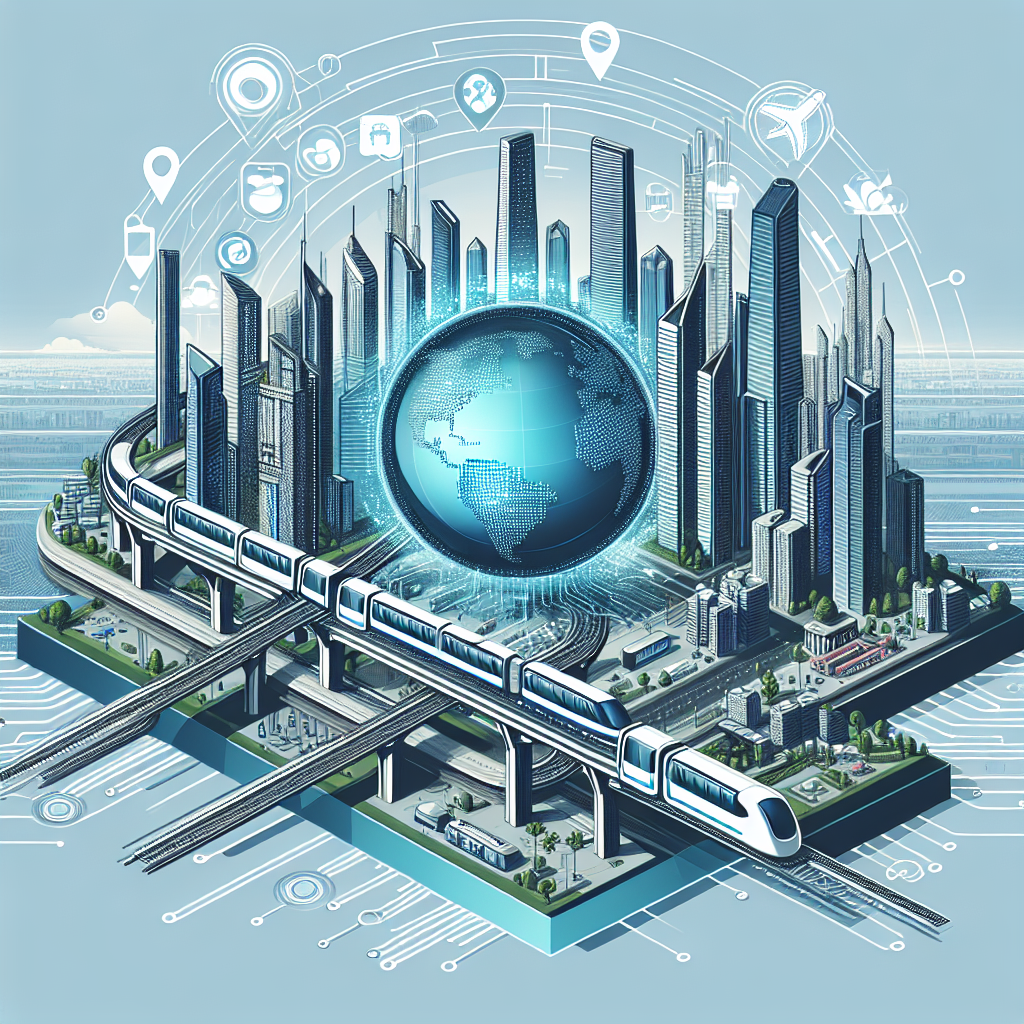Artificial Intelligence (AI) has revolutionized various industries, and the travel and tourism sector is no exception. From personalized recommendations to chatbots for customer service, AI is transforming the way we plan, book, and experience our trips. In this article, we will explore the various applications of AI in the travel and tourism industry and how it is enhancing the overall travel experience for consumers.
1. Personalized Recommendations:
AI algorithms are being used to analyze vast amounts of data to provide personalized recommendations to travelers. These recommendations can include everything from hotel suggestions to activities and attractions based on the traveler’s preferences and past behavior. By utilizing AI, travel companies can create more tailored and relevant experiences for their customers, leading to increased customer satisfaction and loyalty.
2. Chatbots for Customer Service:
Chatbots powered by AI are being used by travel companies to provide instant customer service and support to travelers. These chatbots can answer common questions, make bookings, and provide real-time assistance, all without the need for human intervention. This not only improves the customer experience but also reduces the workload for customer service agents, allowing them to focus on more complex issues.
3. Dynamic Pricing:
AI is also being used to optimize pricing strategies in the travel industry. By analyzing factors such as demand, competition, and historical data, AI algorithms can set dynamic prices in real-time, ensuring that travel companies maximize revenue while remaining competitive in the market. This dynamic pricing model benefits both consumers, who can find the best deals, and travel companies, who can increase their profitability.
4. Predictive Maintenance:
AI is being used in the travel industry to predict and prevent maintenance issues before they occur. By analyzing data from sensors and other sources, AI algorithms can identify potential problems in aircraft, trains, or other modes of transportation, allowing companies to schedule maintenance proactively and avoid costly delays or cancellations. This predictive maintenance not only improves operational efficiency but also enhances safety for travelers.
5. Language Translation:
AI-powered language translation services are making it easier for travelers to communicate in foreign countries. These services can translate text, speech, and even images in real-time, allowing travelers to overcome language barriers and navigate unfamiliar environments more easily. By using AI for language translation, travel companies can provide a more seamless and inclusive experience for their customers, regardless of their language proficiency.
6. Virtual Assistants:
Virtual assistants powered by AI are becoming increasingly popular in the travel industry. These assistants can help travelers with everything from booking flights and accommodations to planning itineraries and providing recommendations. By leveraging AI technology, travel companies can offer personalized and convenient assistance to their customers, enhancing their overall travel experience.
7. Security and Safety:
AI is also being used to enhance security and safety in the travel industry. Facial recognition technology, for example, is being used at airports and other travel hubs to identify potential threats and streamline the security screening process. AI algorithms can also analyze patterns and detect anomalies in data to prevent fraud and ensure the safety of travelers and their personal information.
8. Environmental Sustainability:
AI is playing a role in promoting environmental sustainability in the travel industry. By analyzing data on carbon emissions, energy consumption, and other environmental factors, AI algorithms can help travel companies reduce their carbon footprint and make more sustainable decisions. From optimizing transportation routes to promoting eco-friendly accommodations, AI is helping the travel industry become more environmentally conscious.
FAQs:
Q: How is AI being used to improve customer service in the travel industry?
A: AI-powered chatbots are being used to provide instant customer service and support to travelers, answering common questions, making bookings, and providing real-time assistance.
Q: How does AI help in personalized recommendations for travelers?
A: AI algorithms analyze vast amounts of data to provide personalized recommendations to travelers, including hotel suggestions, activities, and attractions based on their preferences and past behavior.
Q: How does AI contribute to environmental sustainability in the travel industry?
A: AI algorithms analyze data on carbon emissions, energy consumption, and other environmental factors to help travel companies reduce their carbon footprint and make more sustainable decisions.
Q: What are some examples of AI applications in the travel industry?
A: Some examples of AI applications in the travel industry include dynamic pricing, predictive maintenance, language translation services, virtual assistants, and security and safety measures.
In conclusion, AI is revolutionizing the travel and tourism industry by enhancing customer service, providing personalized recommendations, optimizing pricing strategies, improving safety and security, and promoting environmental sustainability. As AI technology continues to evolve, we can expect even more innovative applications that will further enhance the travel experience for consumers around the world.

